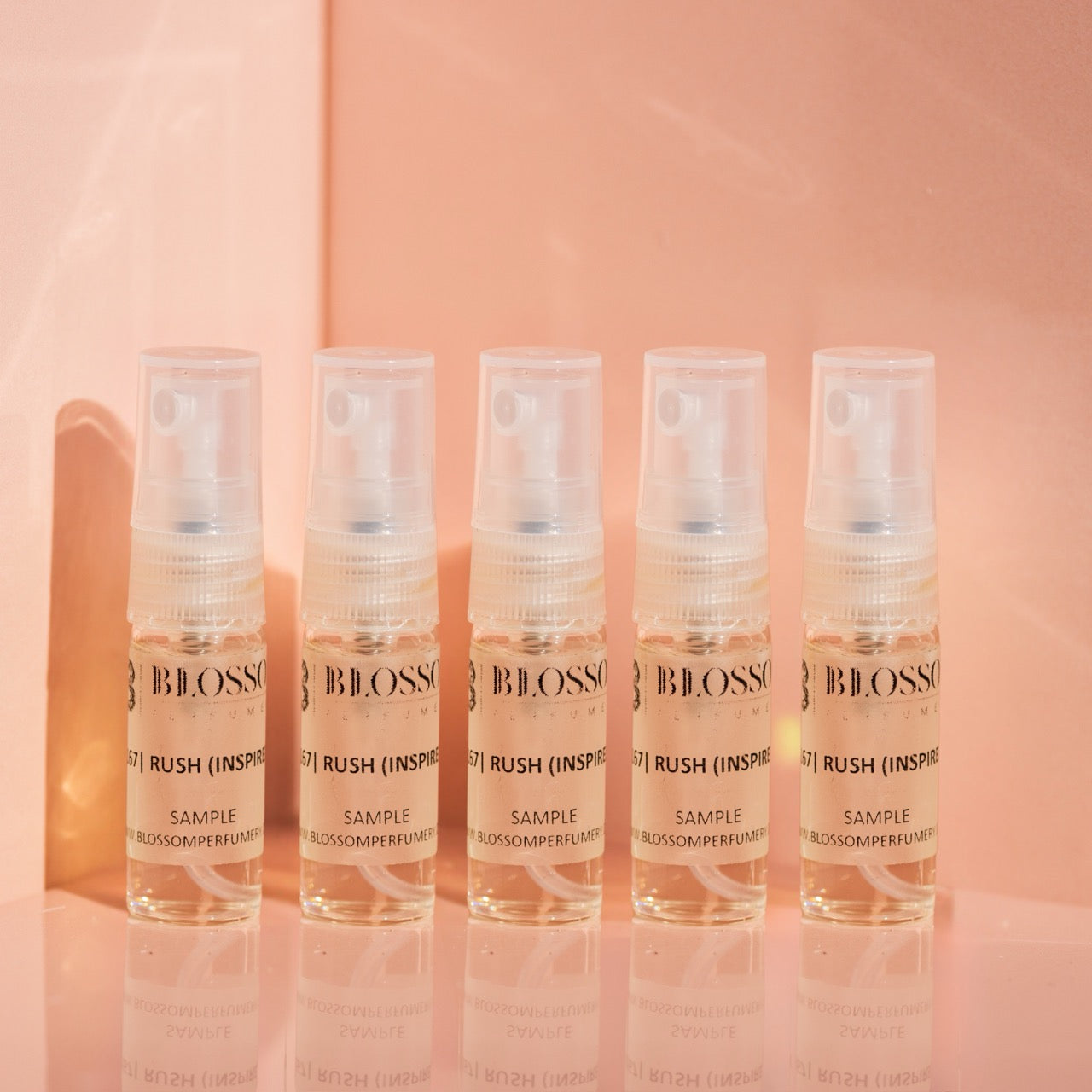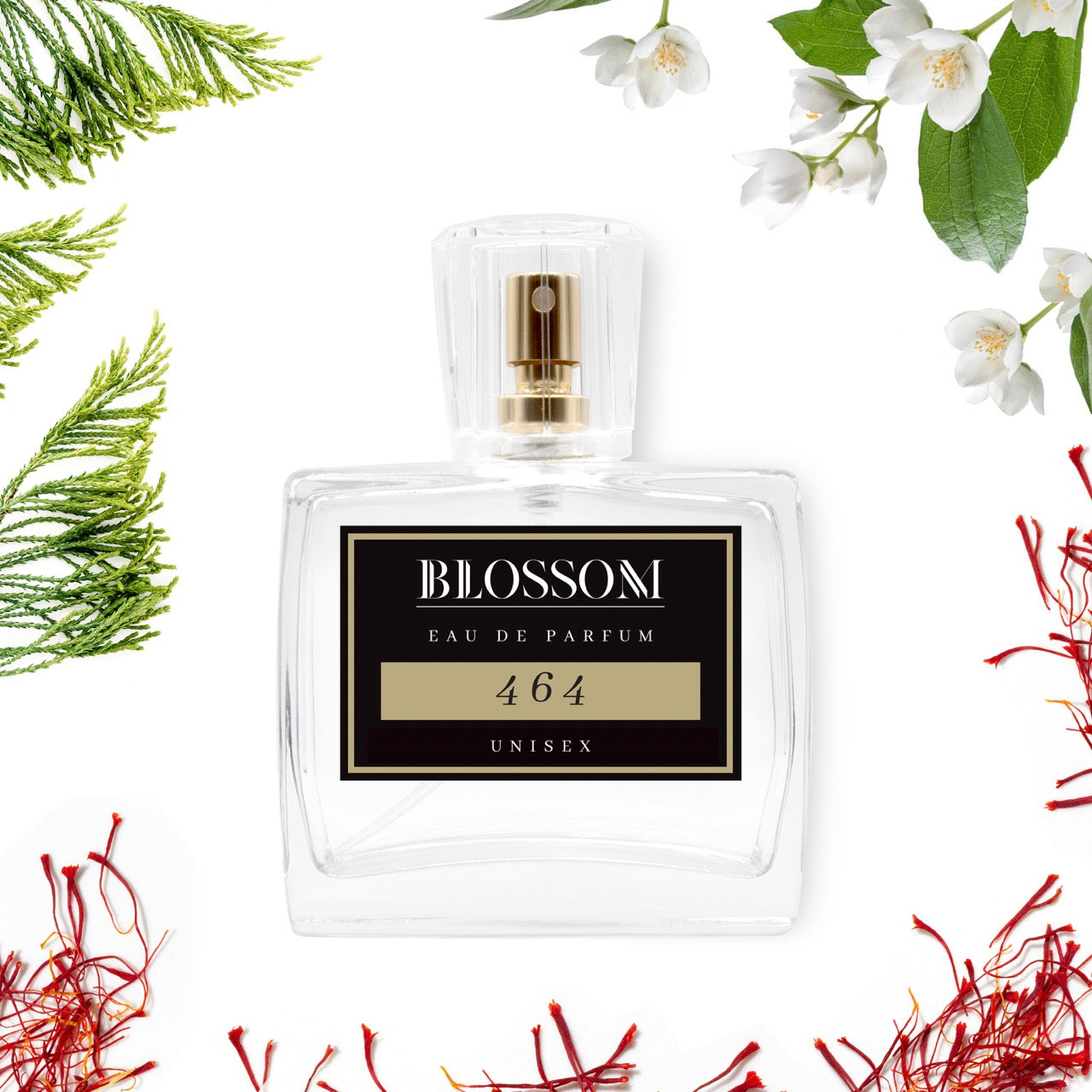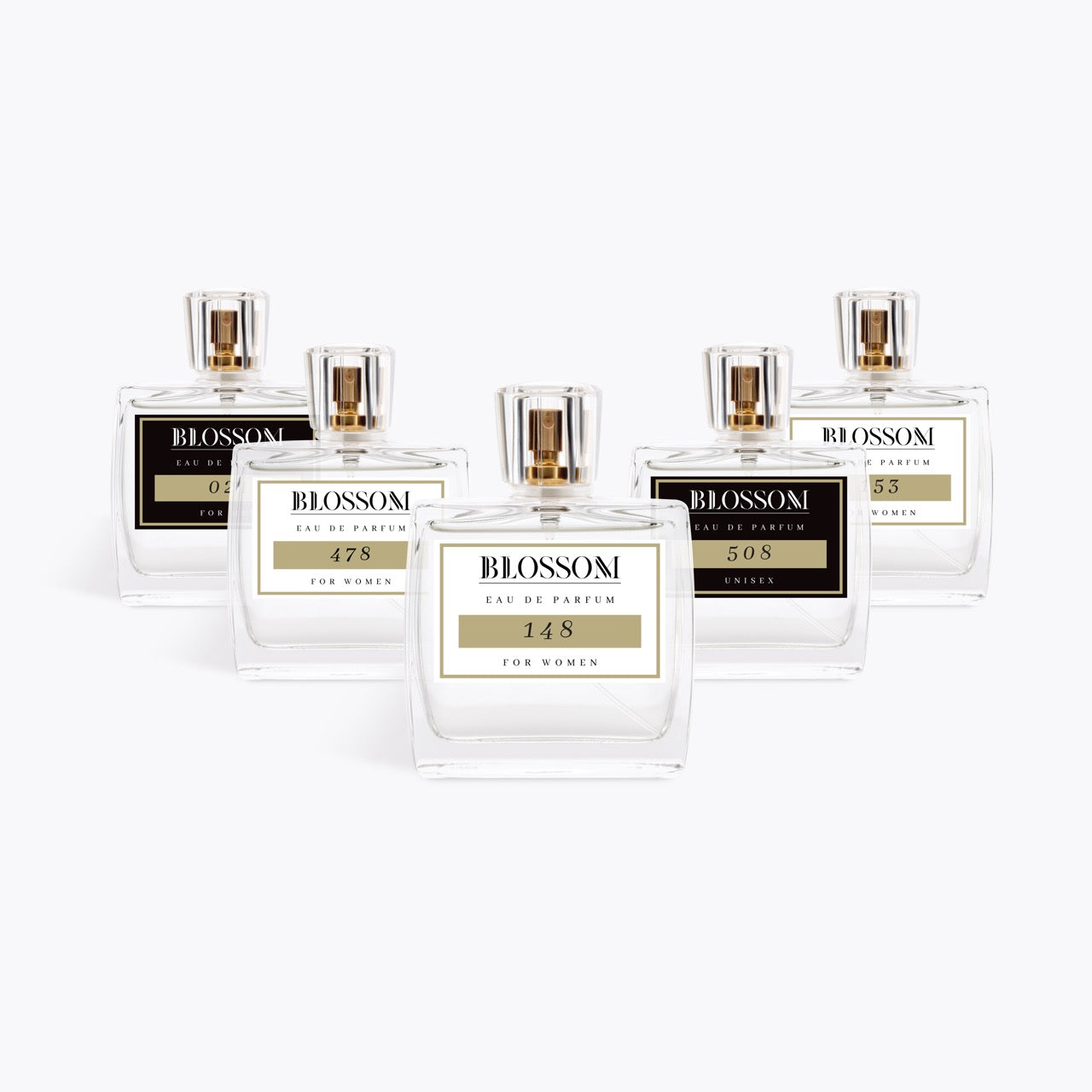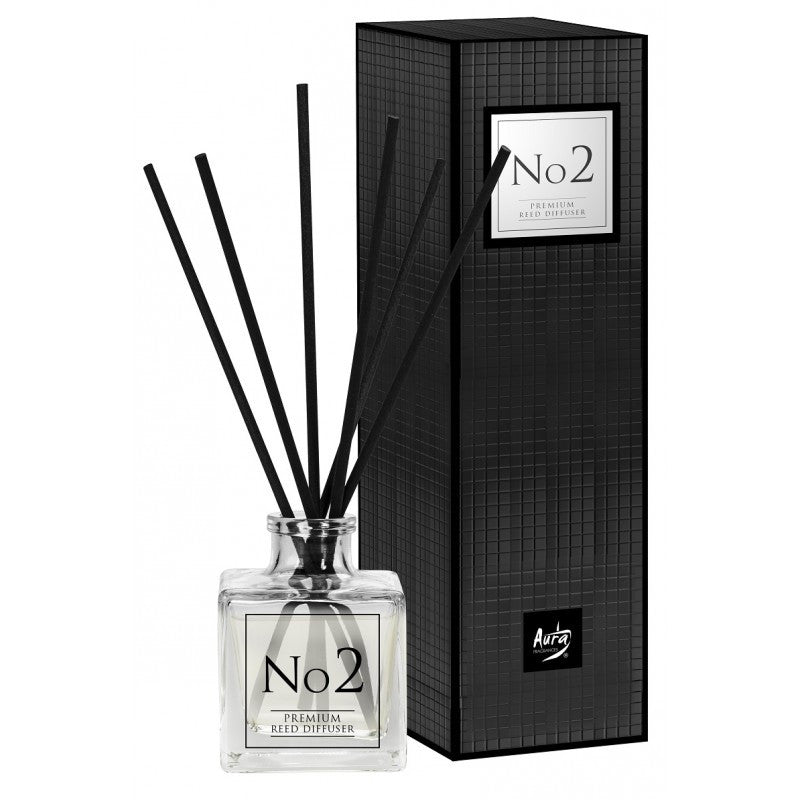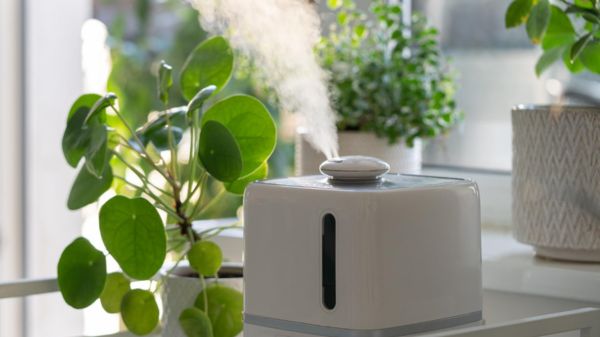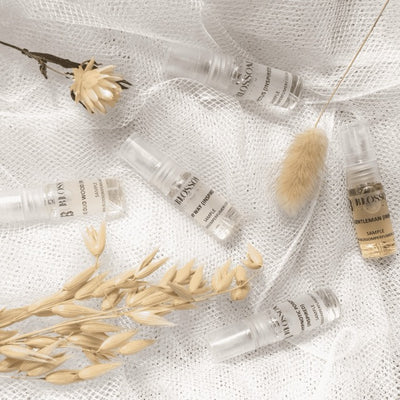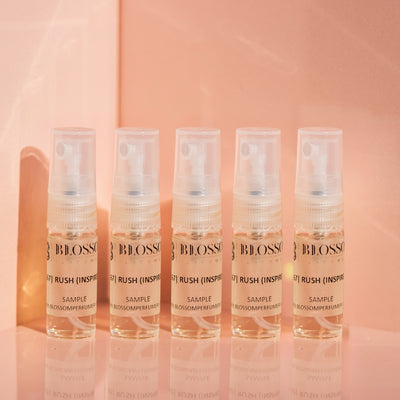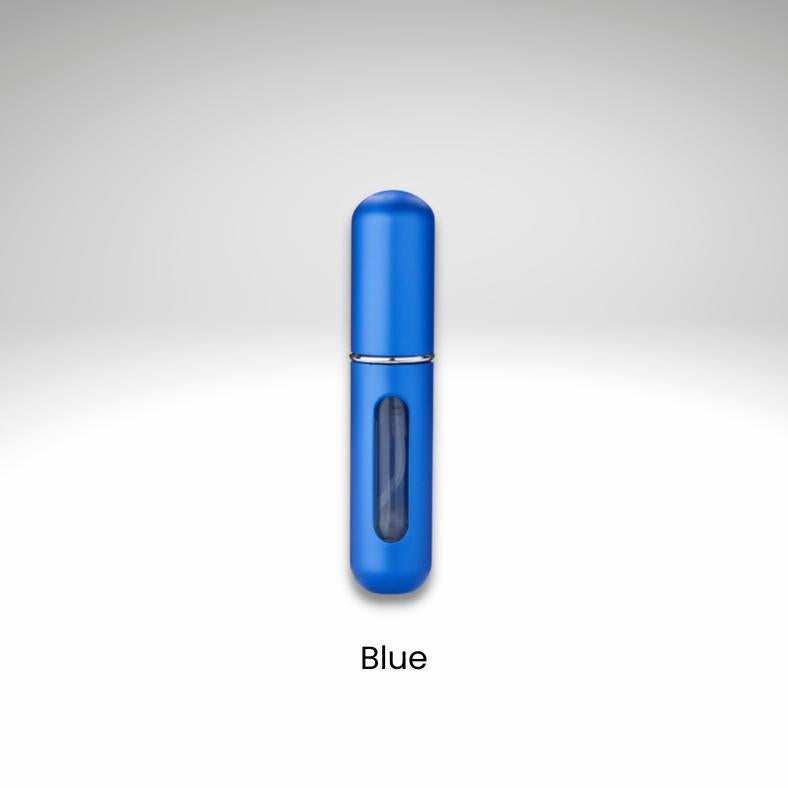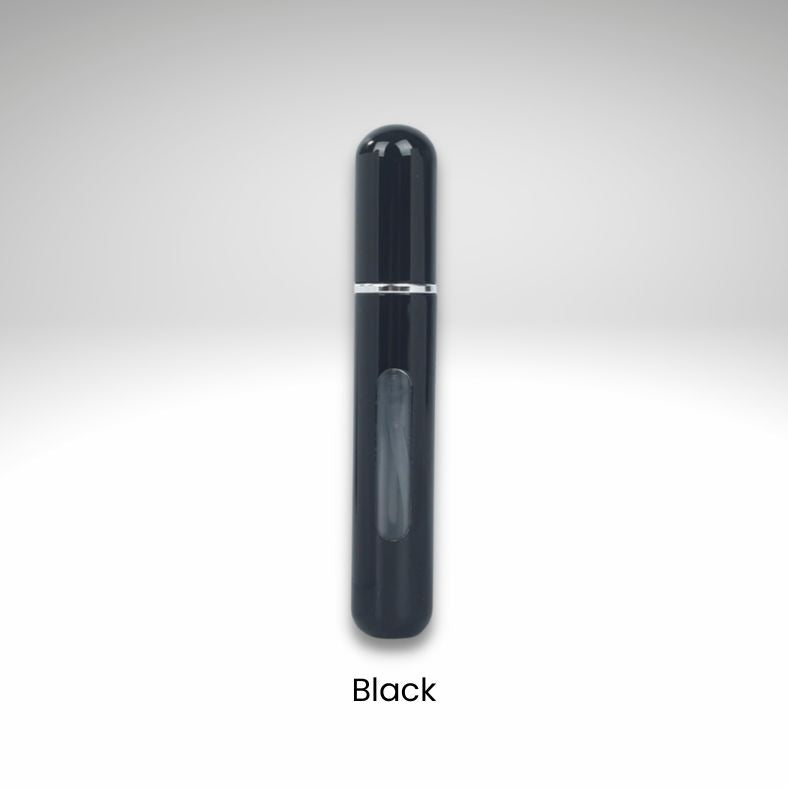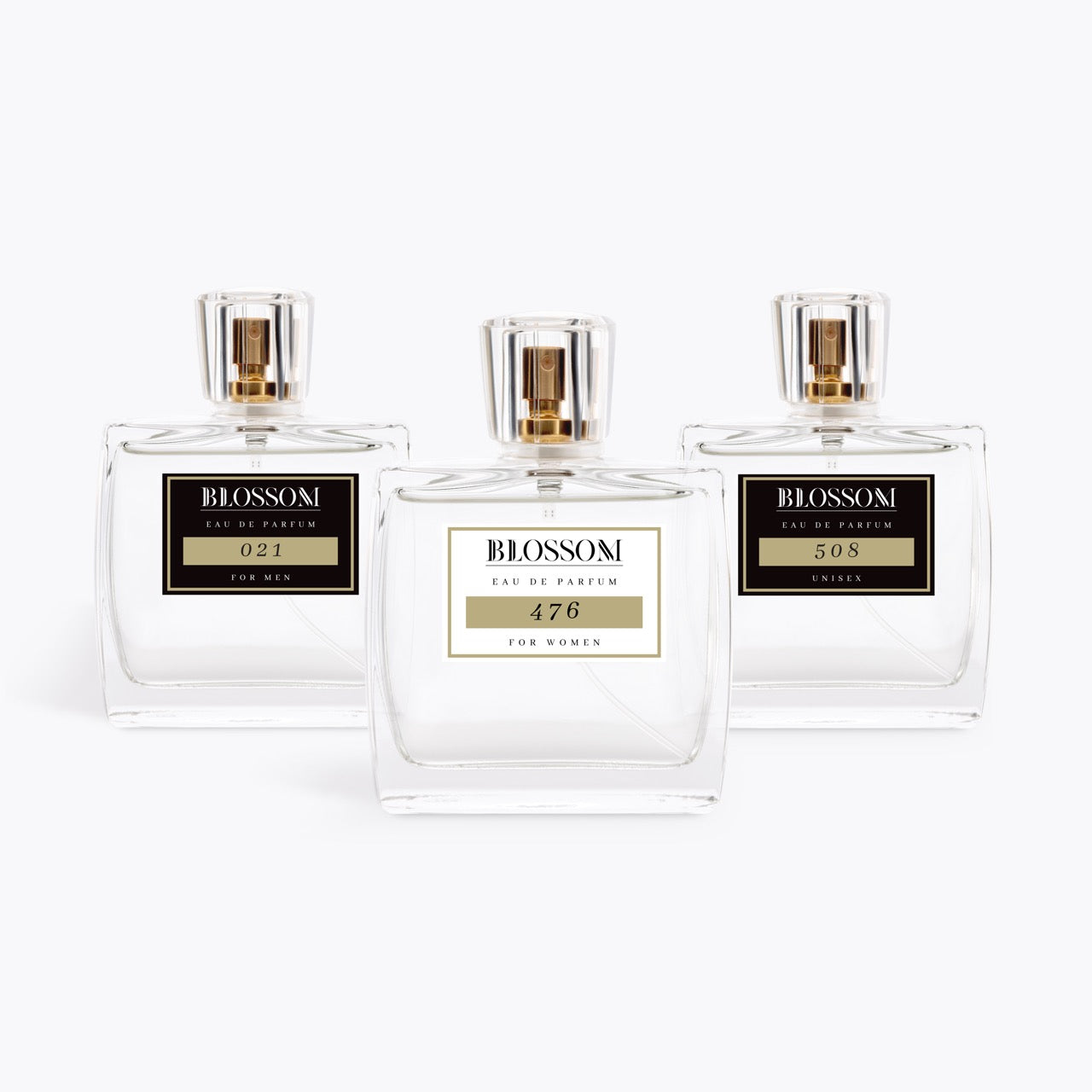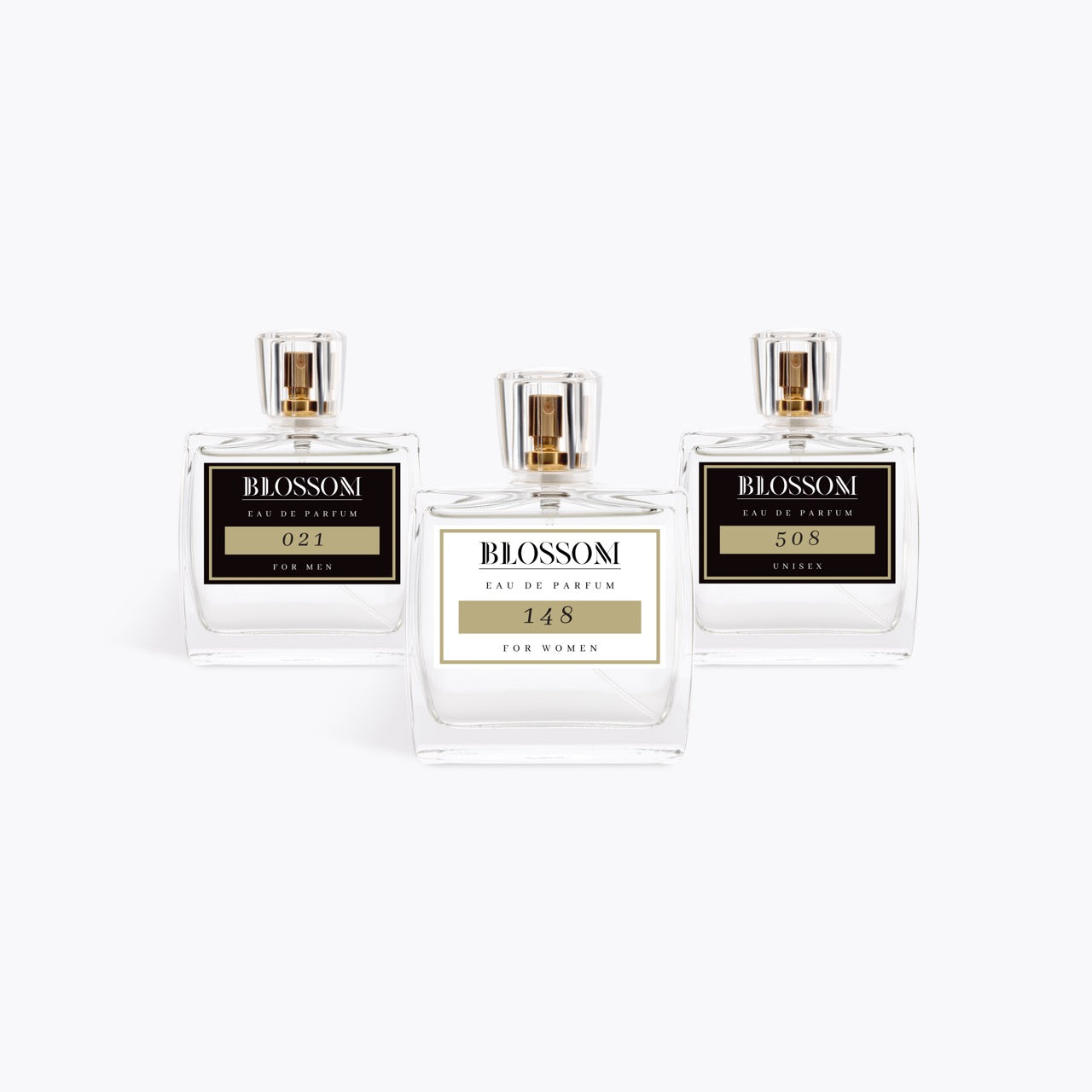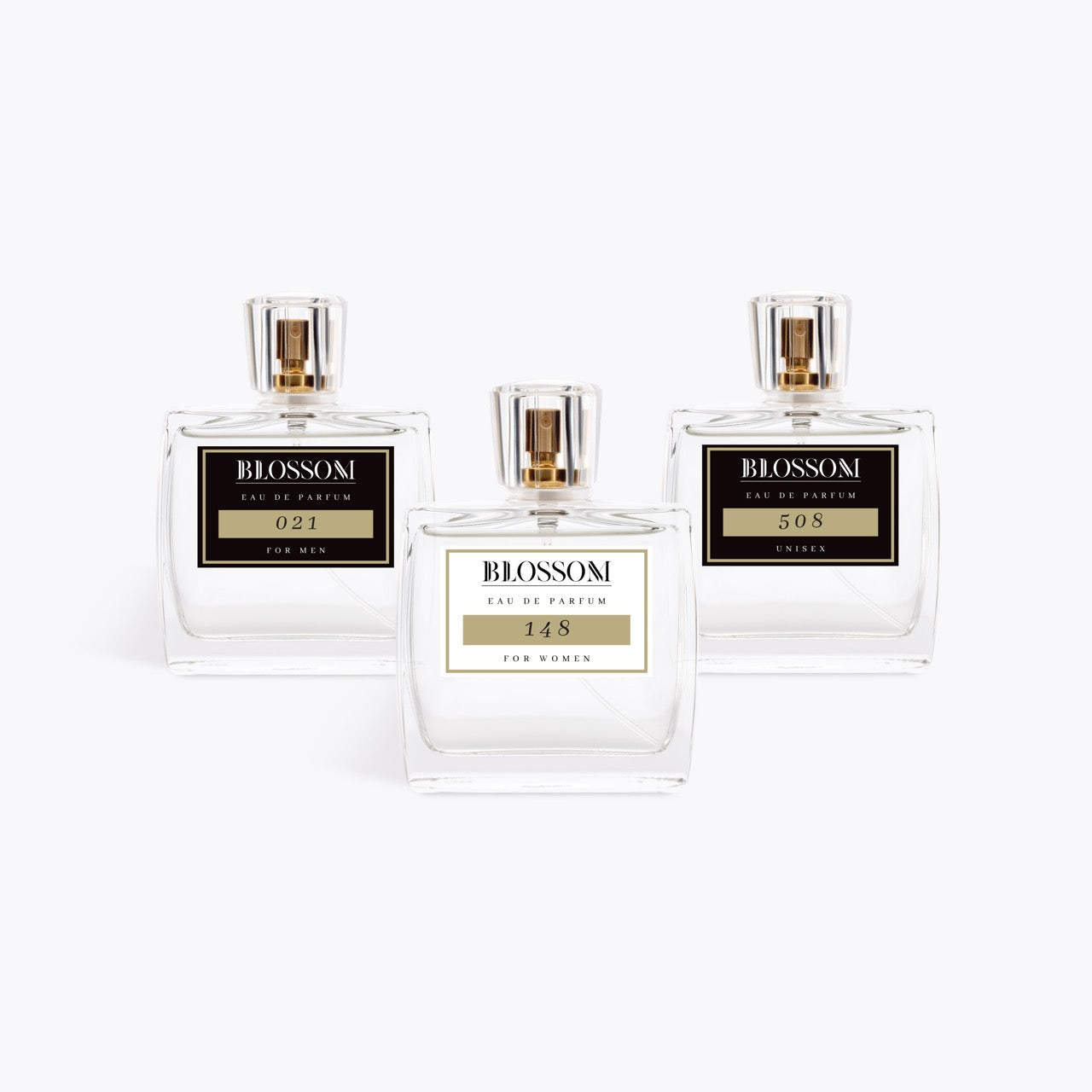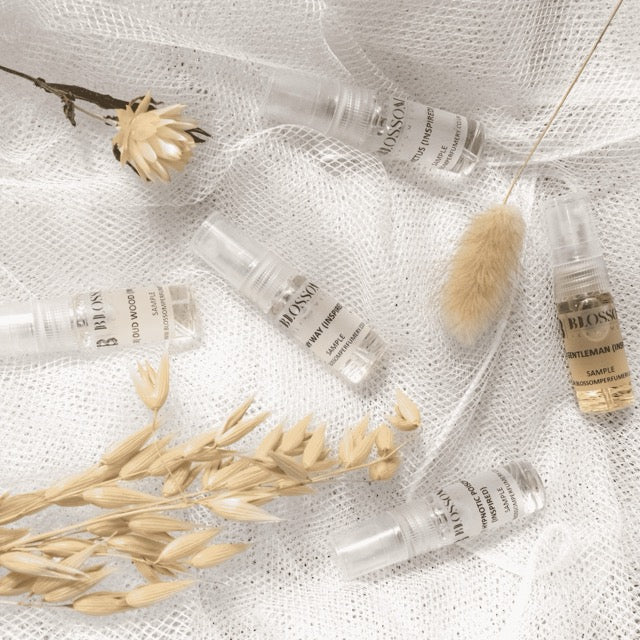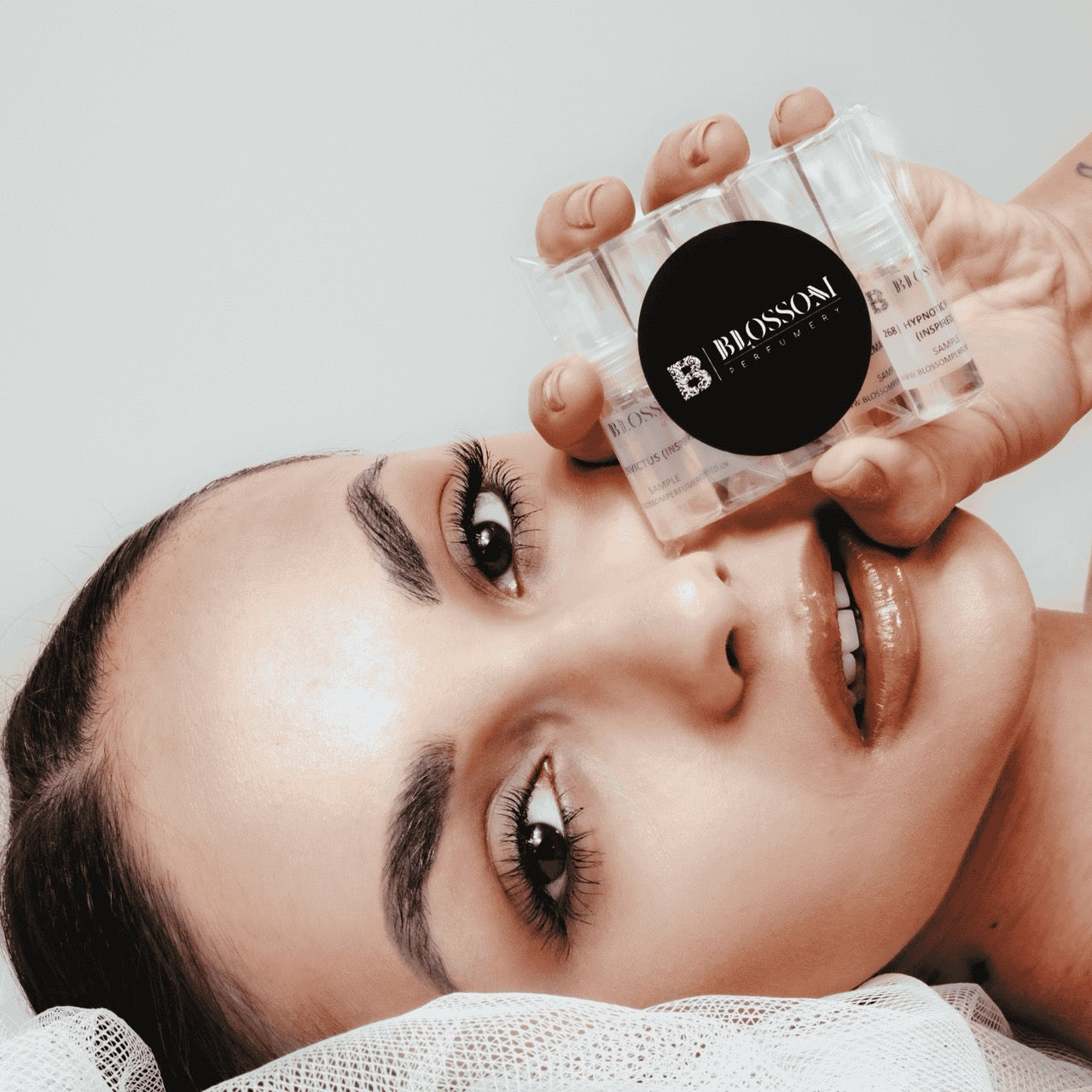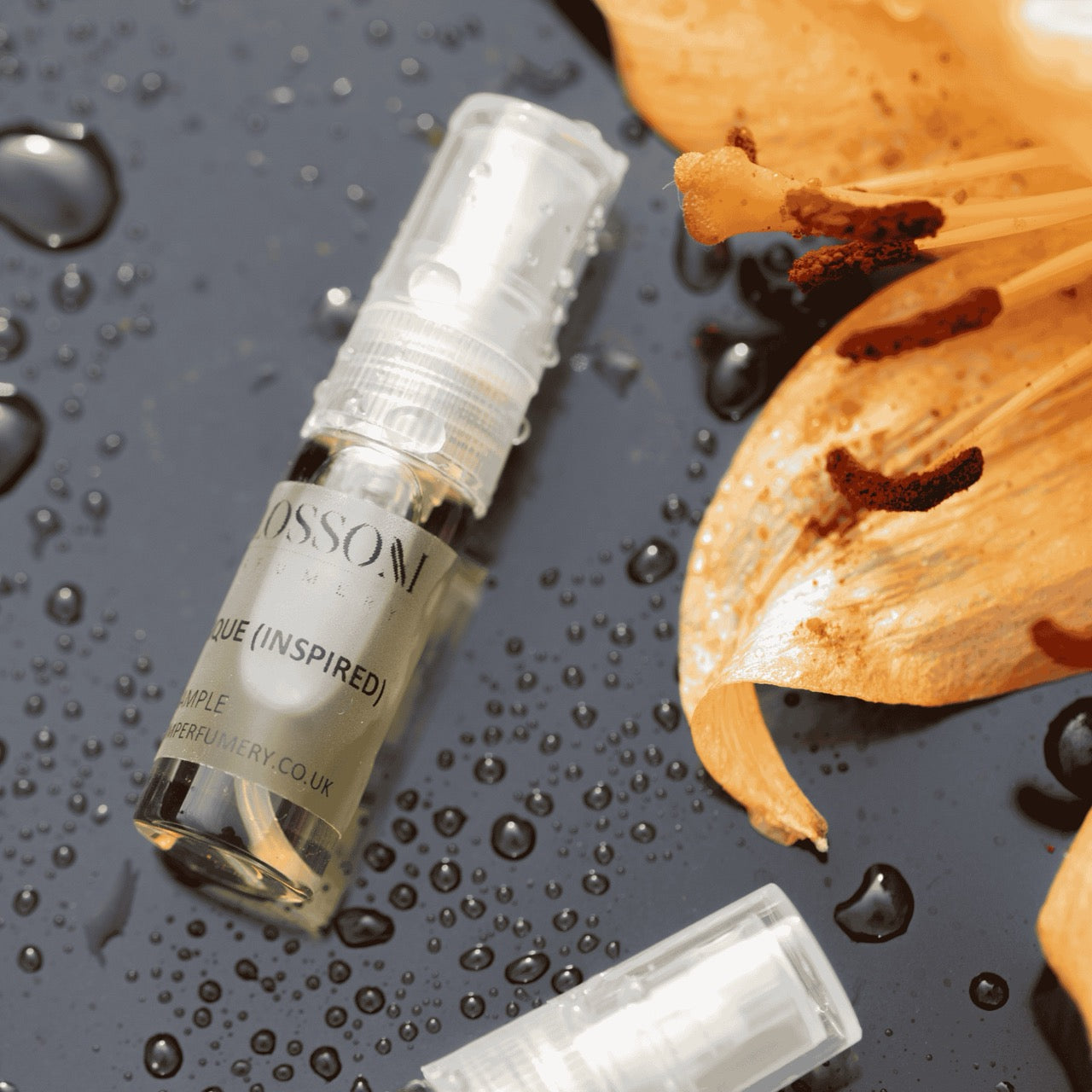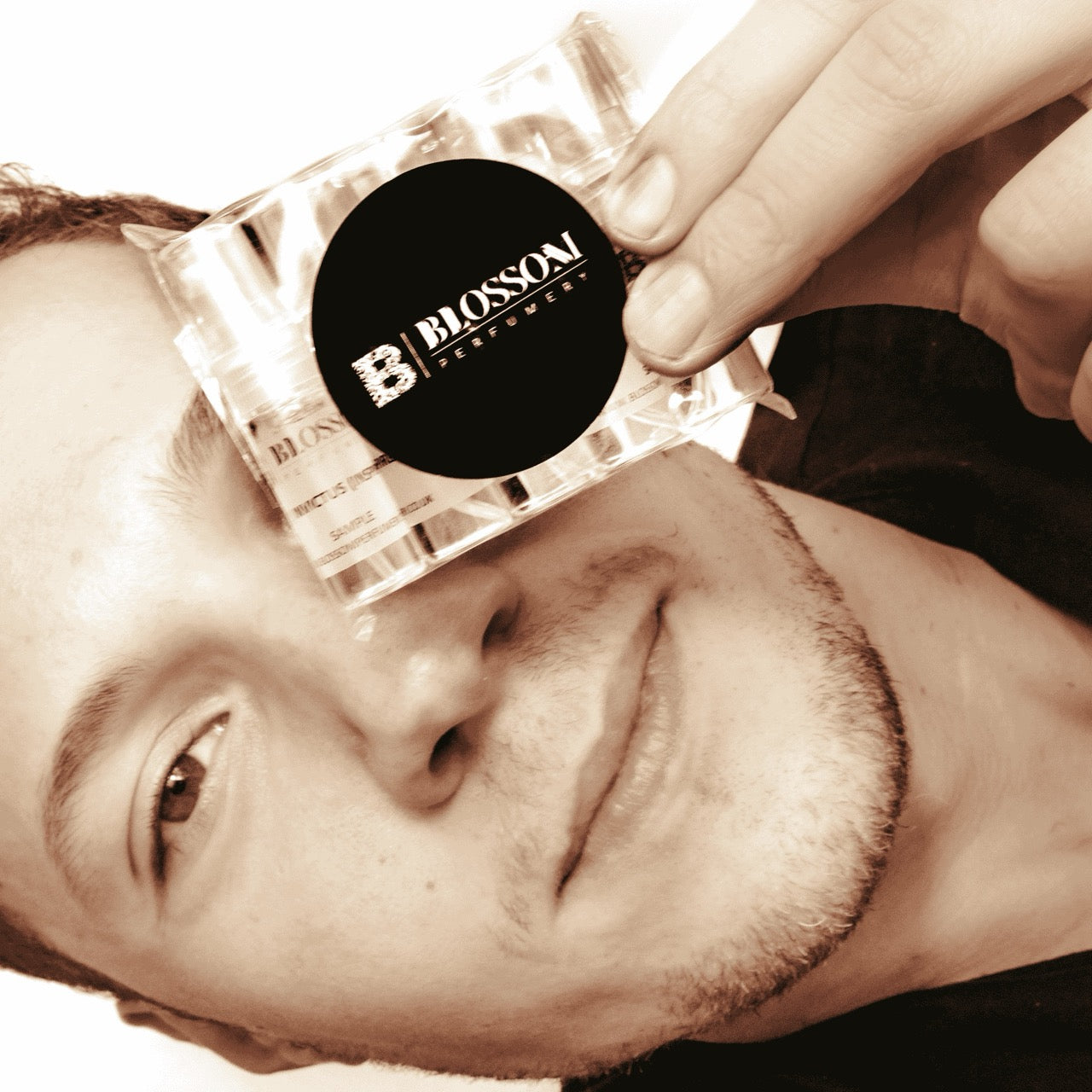The allure of creating a signature home ambiance with a personal favorite is strong. However, to answer the pressing question directly: using perfume in a diffuser is, more often than not, a mistake. While the idea has an undeniable appeal, the practical realities involve potential damage to your equipment, a compromised scent experience, and even safety considerations. If you've been pondering this fragrant shortcut, this article will illuminate precisely why it's best avoided and what superior alternatives exist for beautifully scenting your sanctuary.
The Mechanics: Will It Mist?
The first, most basic question is: will your diffuser even atomize perfume? Most common household diffusers are ultrasonic. They use water and high-frequency vibrations to create a fine mist, carrying essential oils (or, in this hypothetical, perfume) into the air. Perfumes, especially traditional alcohol-based ones, have a very different composition than pure essential oils. They contain alcohol, fragrance oils, and sometimes other solvents or additives.
Technically, many ultrasonic diffusers might mist a perfume solution, especially if diluted. The alcohol content could even make it evaporate more readily.
Beyond the Mist: What's the Risk?
This is where the idea starts to lose its shine, unfortunately. Using perfume in a diffuser designed for essential oils comes with several potential downsides. It’s not just about whether it works, but what the consequences might be.
Your Diffuser's Delicate Heart
Ultrasonic diffusers have a small, vibrating disc – the transducer – that’s quite sensitive. Perfumes, with their various compounds beyond pure aroma oils, can be problematic.
-
Residue Buildup: The non-volatile components in perfume (things other than alcohol and the pure scent molecules) can leave a sticky or gummy residue on the transducer and inside the reservoir. This can gunk up the works, reducing mist output or even causing the diffuser to fail altogether.
-
Material Damage: Some ingredients in perfumes might not play well with the plastics used in many diffusers. Over time, this could lead to degradation or even cracking of the diffuser components. It’s a slow creep, but the damage can be permanent.
It's worth noting that nebulizing diffusers, which work without water and atomize oils directly, are even more susceptible. They have incredibly fine glassware and mechanisms. Pouring a perfume into one of these is almost certainly asking for trouble.
The Scent's Soul
A fine perfume is a carefully balanced olfactory pyramid. The perfumer has meticulously arranged top, middle, and base notes to unfold in a specific way on warm skin. The heat and projection from your skin are part of the intended experience.
A diffuser, on the other hand, disperses fragrance differently.
-
Alcohol Dominance: The high alcohol content, designed for sillage on skin, might become overwhelmingly sharp or even smell "raw" when diffused, overpowering the delicate nuances of the fragrance. Imagine the opening blast of your favorite scent, but it just… stays there.
-
Altered Profile: The way a diffuser aerosolizes a scent isn't the same as body heat. Some heavier base notes might not diffuse well, while lighter top notes might flash off too quickly or differently than intended. You could end up with a distorted, unbalanced version of the scent you love. The way specific families, like intricate chypre fragrances replicas, unfold is particularly dependent on this intended application.
Is it truly honoring the perfumer's art if the scent is not experienced as intended? That’s a question every fragrance lover might ponder.
Safety First
Most perfumes are highly flammable due to their alcohol content. While a diffuser disperses a fine mist, concentrating alcohol vapor in an enclosed space, especially near any potential ignition source (a stray spark, a candle, static electricity), is not ideal. It might sound overly dramatic, but it’s a genuine consideration. Diffusers also often involve water and electricity; adding a highly flammable substance to that mix without explicit manufacturer approval is not the wisest path.
Moreover, some perfume ingredients, while safe for skin application in diluted form, might not be great to inhale continuously in a concentrated, aerosolized state. Think about sensitizers or potential respiratory irritants. What’s safe for a dab on the wrist isn’t always safe for constant atmospheric diffusion.
What if It's Alcohol-Free?
You might be thinking about perfume oils or alcohol-free formulations. These are a slightly different and they often have a carrier oil base, like jojoba or fractionated coconut oil, mixed with fragrance compounds.
Could these be a better fit? Possibly, a tiny bit. They lack the aggressive alcohol component. However, the carrier oils themselves can still be problematic for ultrasonic diffusers, potentially clogging them more effectively than even essential oils if they are too viscous or contain certain additives. The scent profile might also still be altered, as these are also designed for skin application. It’s perhaps a lesser risk, but not entirely without its own set of potential issues. You'd still want to be very cautious. Finding the right perfume a bit tricky? Discover your perfect match with us.
What Are Better Ways to Scent Your Sanctuary?
If the goal is to create a beautifully scented home, and we suspect it is, there are far better, safer, and more effective methods specifically designed for this purpose.
-
Dedicated Diffuser Oils & Room Sprays: These are formulated for diffusers or direct air application. They are usually pure essential oil blends or fragrance oils specifically created for home ambiance, ensuring they are safe for your device and provide an optimal scent experience.
-
Scented Candles & Wax Melts: These offer a classic way to scent a room, often with complex, perfume-like fragrances designed for this type of heat-based diffusion.
-
Reed Diffusers: A more passive approach, but effective for continuous, subtle scenting.
These methods respect both the integrity of your home fragrance device and the art of scent creation for ambient purposes.
Ultimately, while the temptation to pop your favorite personal fragrance into a diffuser is understandable, it’s generally a mistake. The risks to your diffuser, the likely distortion of the scent, and potential safety concerns outweigh the perceived benefits. Your perfumes are crafted for skin, for personal adornment. Let them shine there. For your home, embrace the world of dedicated home fragrances. They exist for a reason, and they do their job beautifully.

